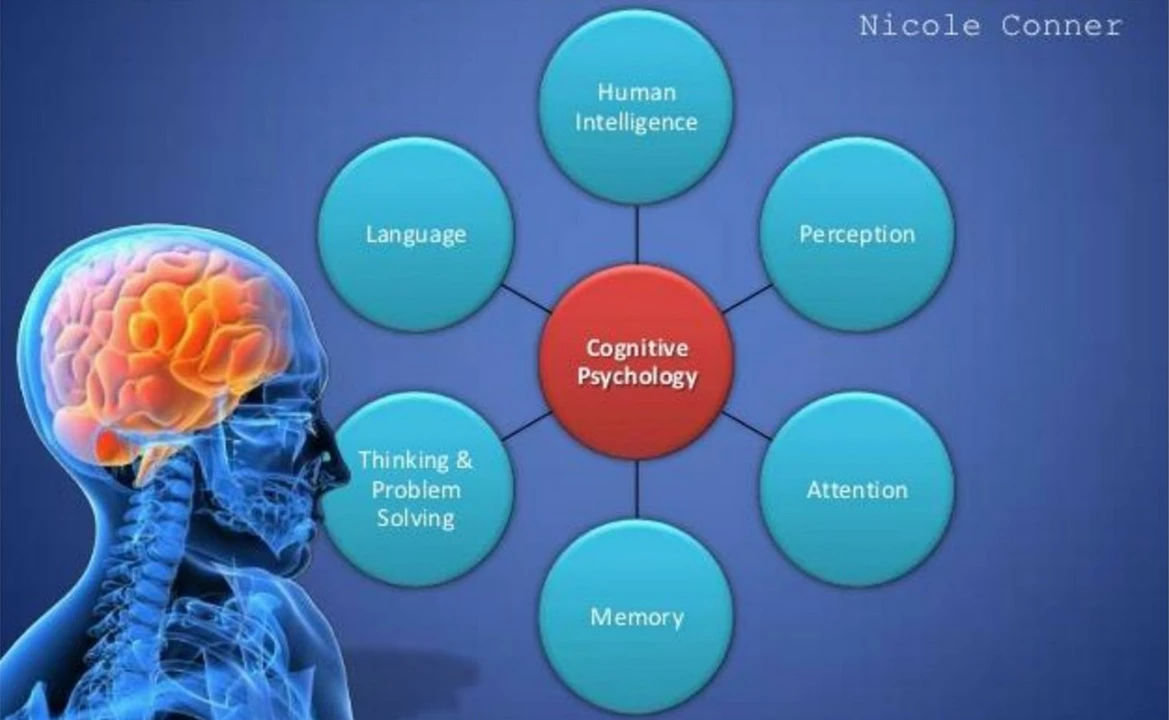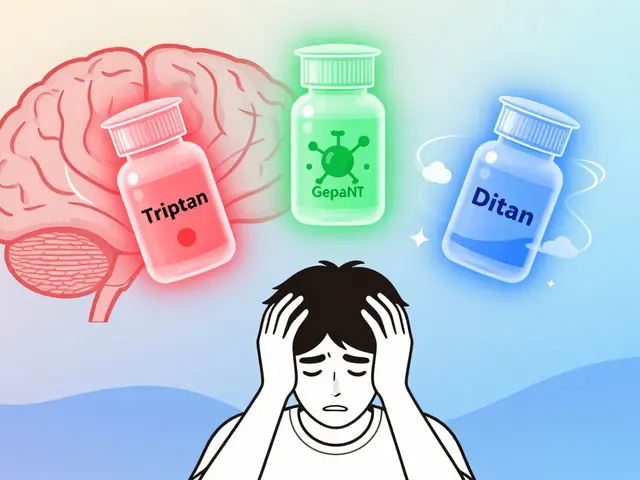Psychological impact: how meds, illness and life events affect your mind
Ever notice a new medicine makes you restless, sleepy, or more anxious? Changes like that are common, but they’re not something you have to accept without doing anything. This tag collects clear, practical pieces that explain why mood, focus and behavior change after illness, treatment or big life events — and what to do about it.
Psychological effects can come from many places: a drug’s side effects, withdrawal, chronic pain, sleep problems, or the stress of a diagnosis. Signs to watch for include sudden mood swings, trouble concentrating, increased anxiety, low motivation, insomnia, or new cravings. If you see a pattern that lines up with starting a medicine, changing dose, or a stressful event, that’s a clue the two may be connected.
Quick steps to check if treatment affects your mood
1) Keep a simple log for two weeks — note sleep, mood, appetite, medication times and any new symptoms. That gives you facts to show your doctor. 2) Don’t stop or change a prescription on your own; many drugs need a slow taper. 3) Ask your prescriber about interactions and timing — small changes (morning vs evening dosing) can help. Our imipramine timing guide explains dose timing and interaction checks in plain terms.
4) If a medication seems to boost focus or reduce anxiety (like atomoxetine can for some people), weigh benefits against side effects and talk about workplace strategies or dose adjustments rather than quitting. The atomoxetine article explains how clearer focus can affect productivity and career choices — plus practical tips for using that effect wisely.
5) For addiction and anxiety links, take steps that reduce risk: use therapy, avoid self-medicating with alcohol or non-prescribed drugs, and get peer support. The piece on Anxiety and Addiction breaks down how the two feed each other and offers concrete coping moves.
Where to read more on GenericDay
Here are some posts that directly relate to psychological impact — quick notes so you can pick what helps:
• Anxiety and Addiction: why they often co-occur and practical steps to break the cycle.
• The Impact of Atomoxetine on Career Advancement and Efficiency: how improved focus can change work life and what to watch for.
• Protecting and Supporting Autistic Children Against Bullying: real strategies parents can use when social stress hits mental health.
• Imipramine Timing, Dosing, and Monitoring: clear answers on timing, interactions and avoiding bad mood swings from tricyclics.
• How to Safely Buy Temazepam Online: guides on safe sourcing plus notes on sleep meds and dependence risks.
If you want a quick next step: start that two-week symptom log, then pick one relevant article above and read the practical tips. If symptoms are severe — new thoughts of harming yourself, extreme confusion, or inability to function — get emergency help or contact your doctor right away. For everything else, tracking, talking with a clinician, and a few simple lifestyle moves often get you back in control fast.
Want more posts like these? Use the tag to find related articles on medication effects, mental health tips, and real-world coping strategies across GenericDay.
In my latest blog post, I delve into the psychological impact of chronic swelling, a condition that often goes beyond physical discomfort. Living with constant inflammation can lead to feelings of frustration and helplessness, as it may limit daily activities and affect one's self-esteem. Anxiety and depression are also common emotional responses to this persistent issue. It's important to remember that seeking professional help, like therapy or counseling, can be beneficial in coping with these emotional challenges. By addressing the psychological impact of chronic swelling, we can work towards improving mental wellbeing and overall quality of life.



